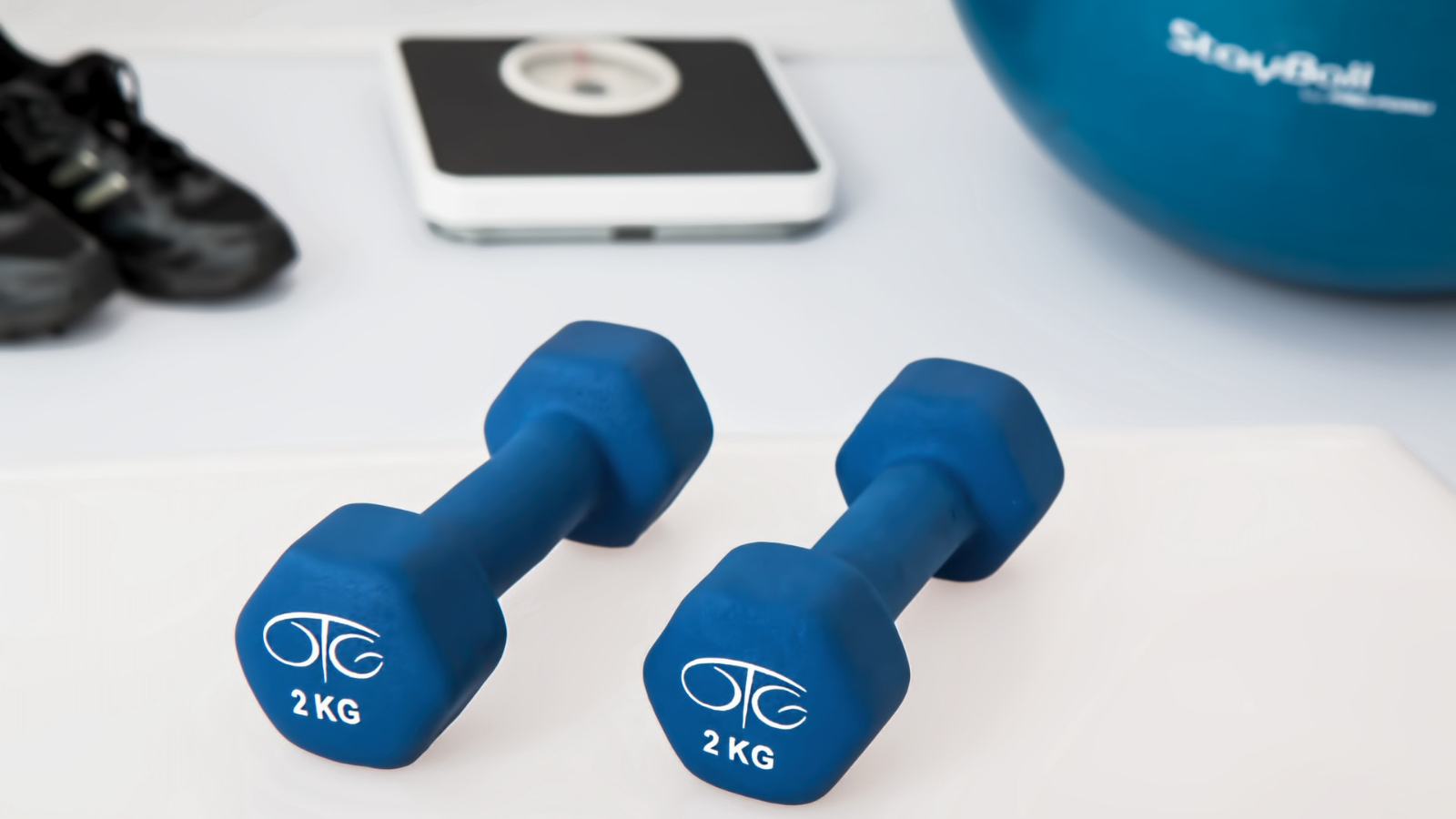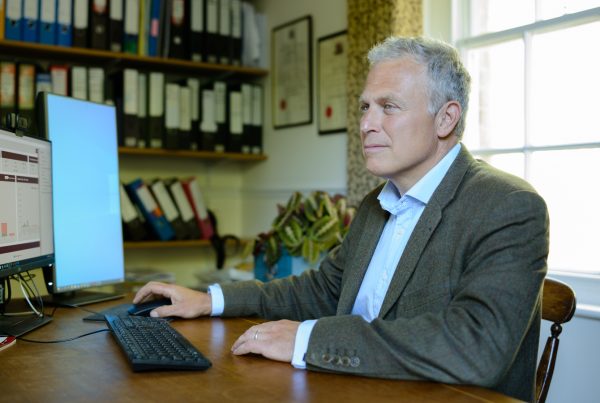A recent article in the Royal College of Surgeons Bulletin has summarised the evidence for the impact of a regular small amount of exercise in the prevention and treatment of common conditions.
If exercise were a drug it would be a miracle cure.
Being physically active reduces a person’s risk of dementia by 30%, depression by 30%, heart disease by 40%, type 2 diabetes by 40%, breast cancer by 25% and osteoporosis by 50%.
But with no pharmaceutical or implant companies involved in research or marketing of exercise, the messages have not always been heard.
The UK Chief Medical Officers’ guidelines recommend that every adult should aim to do activities that develop strength and balance at least twice per week, and 150 minutes per week of moderate intensity activity. Moderate intensity exercise is anything that gets a person slightly out of breath (eg brisk walking, cycling, swimming or jogging). There are clear dose–response benefits for time and intensity, with health gains when undertaking exercise at a moderate or more intense pace for up to one hour per day. Children should do at least one hour of exercise per day.
Surgeons and other doctors may feel that they see patients too late to discuss exercise, and yet any physical activity is usually better than standard treatment alone. The effect of encouraging perioperative exercise may last decades longer than that of the planned operation.




